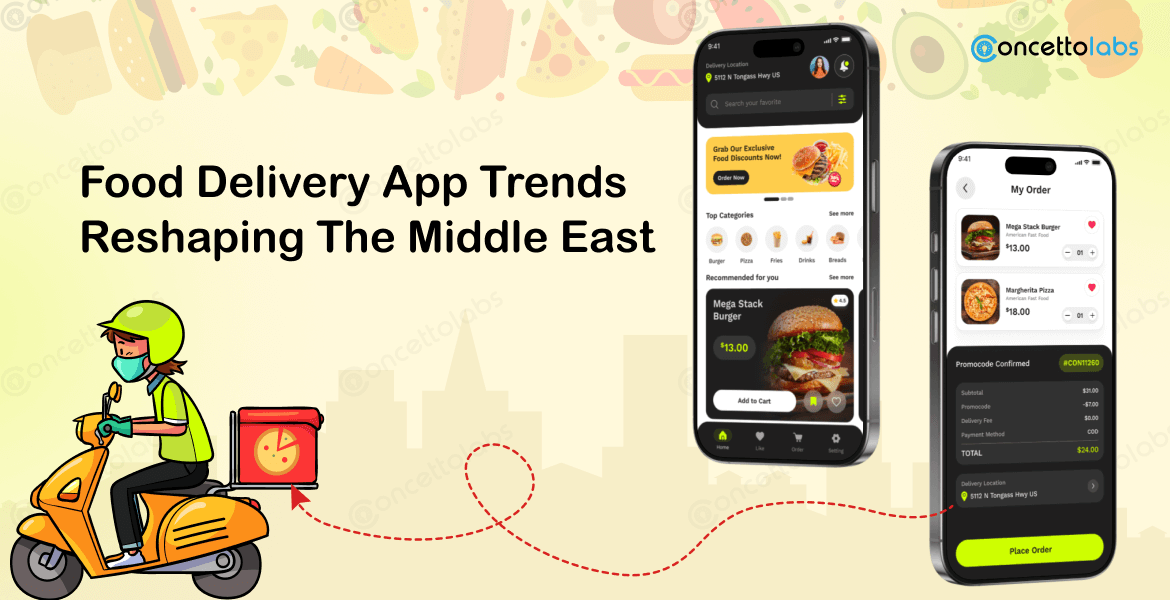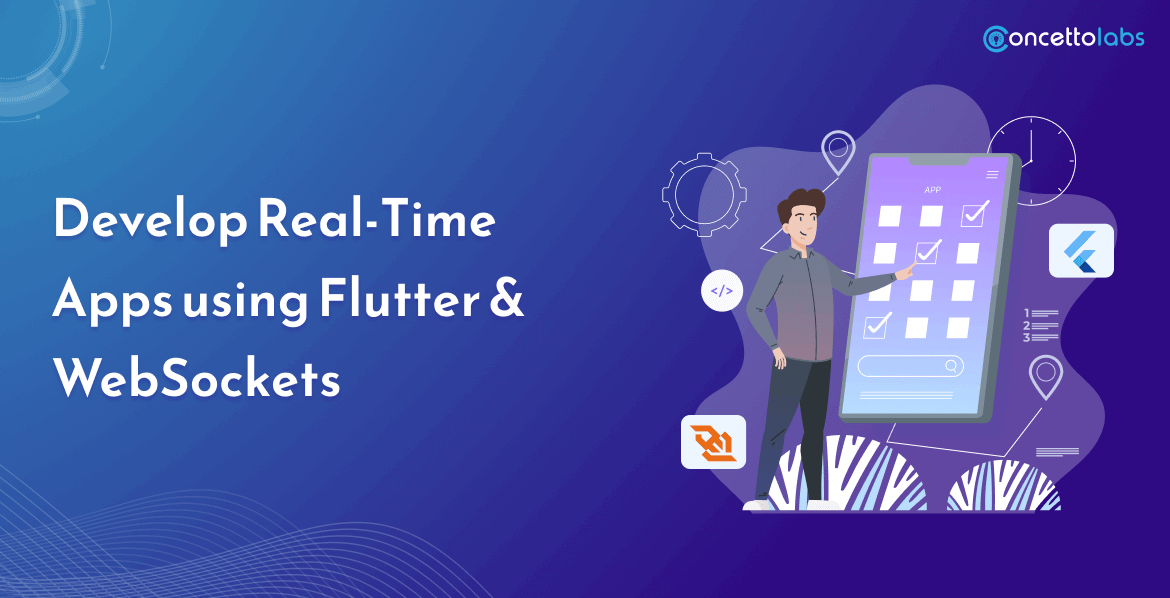
Despite many healthcare apps available in today’s mobile app stores, there are still more healthcare providers who have yet to adopt healthcare apps into their practices and clinics.
Perhaps, they don’t know the benefits of getting an app developed by a mobile app development company, or maybe they have no idea how to go about it. Either way, you must figure out how you can get your hands on the best healthcare mobile application development company if you plan on having your healthcare app built.
Types of Medical Applications
1. mHealth Apps
These mobile phone applications use built-in smartphone tools for medical reasons. These apps can operate using an accelerometer, GPS, microphone, phone camera, or speaker to monitor a user’s health. Also, mHealth apps transform a smartphone into a medical instrument.
2. Health Counseling Apps
A Health Counseling app is one of many health mobile apps that allow users to access a database of relevant information and statistics. Often these apps are created for a specific disease or health condition to help users better manage their conditions.
3. Fitness Apps
Fitness apps allow you to track health-related information such as steps taken, distance traveled, calories burned, heart rate, and much more. Using these fitness applications is a great way to stay on top of your health without running to your doctor or doing another test each time you want to check something.
Features That Every Health Mobile App Must Have

1. Appointment Management
An appointment management tool should let patients know which slot their doctor is available. Physicians should be able to see their calendars, review their appointments, and change their availability when needed.
2. Video Conferencing
Video consultations are replacing in-person appointments. They’ve become a desirable alternative for patients as well as doctors. Patients no longer waste time in waiting rooms or commuting to their doctor’s appointments or healthcare providers.
3. ETR
The doctor must update the patient’s health record within the hospital’s internal system. So, modern telemedicine systems typically include the ability to create an electronic health record.
The doctor can use a separate interface in the app that allows you to complete the health questionnaire and send the information directly to an internal database.
4. Notification and Reminders
With this feature, patients can send regular updates about their medication schedule, upcoming appointments, food allergies or anything else important to them.
Refer this blog to Learn the steps for Developing a Healthcare mobile App
Contact Us5. Patients get Medical Reports and charts for their health
Seeing medical reports and charts is a great feature for patients who want to track their health. This feature allows them to see their progress over time and make changes accordingly. Additionally, this feature can help patients stay on track with their health goals.
6. Chatbots
In the healthcare industry, chatbots are becoming increasingly popular. They are a great way to provide patients with information about their health, reminders, and appointment scheduling. Plus, they can help answer questions that patients may have.
7. Realtime chat with consultancy
When you’re trying to improve your health, the last thing you want to do is wait for answers. That’s why a real-time chat feature is essential for any mobile health app. With this feature, you can get answers to your questions right away without having to schedule an appointment or wait on hold.
8. Security and privacy
Considering all of your customers’ data will be stored in your healthcare app’s database, it is very important to have security measures in place. Make sure you hire healthcare developers with experience in Android apps to keep sensitive information private.
9. Secure Payment Processing
One of the most important features in healthcare mobile app development is payment processing. You can’t offer anything on your app without being able to process payments within your healthcare app. Ensure that your healthcare app development company has experience in creating secure payment processing.
5 Steps for Mobile Healthcare Application Development
You have created an awesome healthcare mobile applications idea that will change the world as we know it! Here are five simple steps to get your Android Healthcare Application up and running.
Step 1: Identify the Target Audience and Their Needs
- Healthcare mobile application development is all about understanding your audience. You need to decide who your target users are, what they want from an app, and how your product meets their needs.
- For example, you might develop a medical reminder app for people with diabetes or one that helps doctors share patient information more efficiently. Before proceeding further with healthcare mobile application development, you should identify both primary and secondary target audiences and consider what kind of platform it’s best suited to.
Step 2: Choose the Right Platform
- When it comes to health mobile app development, you’ll want to pick a secure and scalable platform. Don’t overlook compatibility – different devices may run on different operating systems.
- Research customer reviews and test out several platforms so you can find one that works best for your organization. For example, Android applications work better with a Java front-end framework; if you want your app to be compatible with multiple types of operating systems, you should use Kotlin.
Step 3: Development Process
- The development process of your Android healthcare application depends on a few factors. Some developers have a fixed timeline for developing apps, while others take time to develop an app according to customer requirements.
- Researching similar apps in your field is also recommended during the development stage. However, keep in mind that designing and development should be done simultaneously while working with a healthcare app developer who can guide you through each step of the Android app development process.
Step 4: Integration with Data Server
- Now that all your healthcare app development work is done, it’s time to integrate with the data server. Integrating mobile applications and data servers is important because it allows us to synchronize data from Data Server with your device.
- It facilitates communication between applications running on different platforms. EPC provides a mechanism for sending messages and commands from one application to another application or computer across networks or systems.
Step 5: Testing, Publishing, Maintenance, and Support
- It is useless if a medical app is not properly tested, published, and supported. A tester needs to test their mobile healthcare application to give the right assurance and satisfaction that the user experience will be at its best on Android and iOS platforms.
- This testing activity can be done by the independent or in-house QA department of your Mobile app development company.
- After completing the testing process, you must publish your mobile healthcare application on Google Play Store and Apple App Store. For publishing purposes, you must pay some amount per the Google Play Store policy.
- After successful publishing, you should do maintenance work for the continuous success of your mobile healthcare application like bug fixing, etc. You should also provide support services for users facing any problem with their Android health care applications.
Conclusion
When you hire healthcare developers, you must put your ideas first. To ensure your voice is heard during development, be as specific as possible in detailing what you want from your app. Think of descriptions like I want an app where I can update my diet, or I want an app where I can schedule reminders—and make sure to get these details on paper.








 Indonesia
Indonesia
 Botswana
Botswana
 USA
USA
 Italy
Italy
 Panama
Panama




 USA
USA UK
UK Saudi Arabia
Saudi Arabia Norway
Norway India
India Australia
Australia